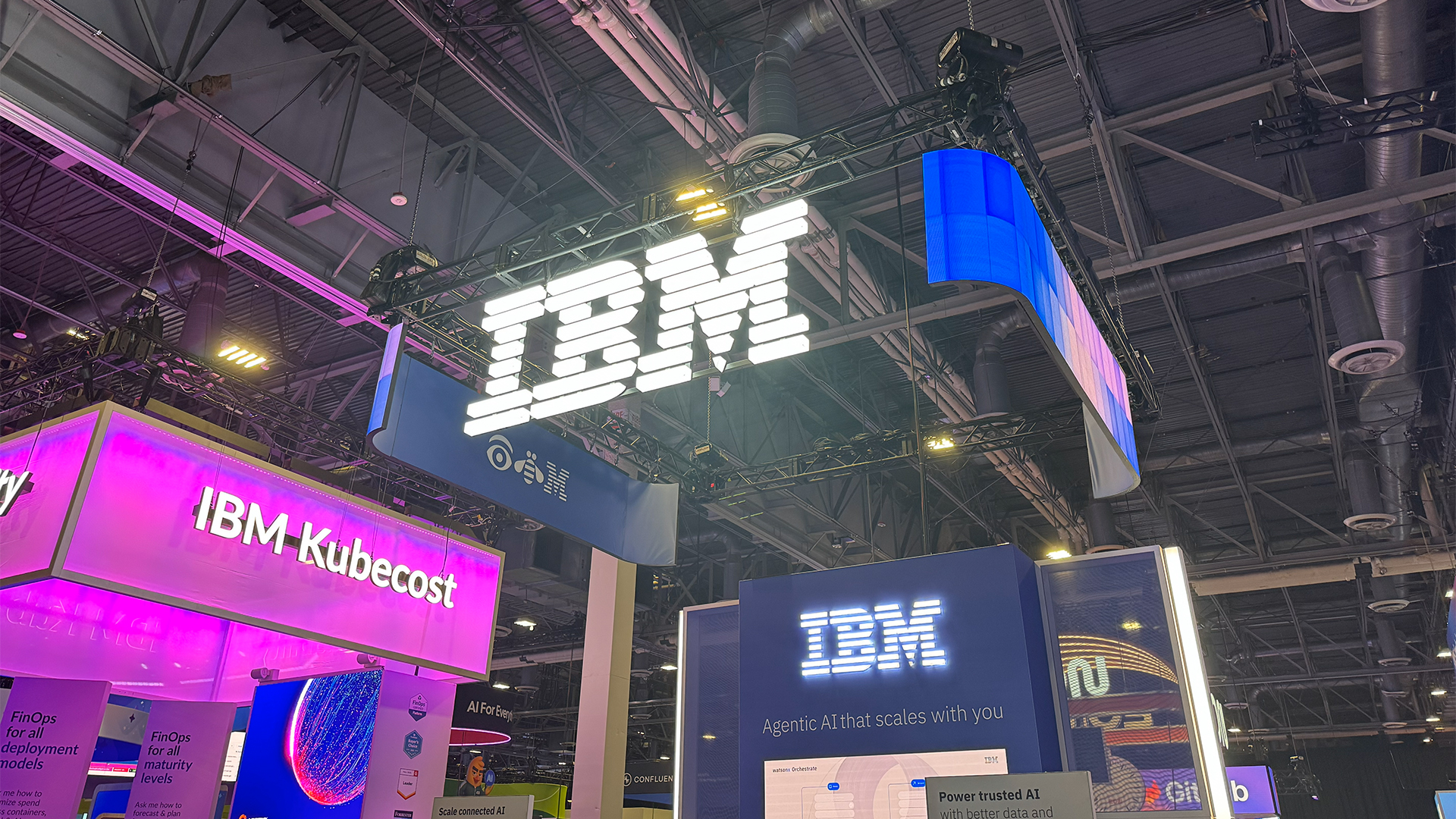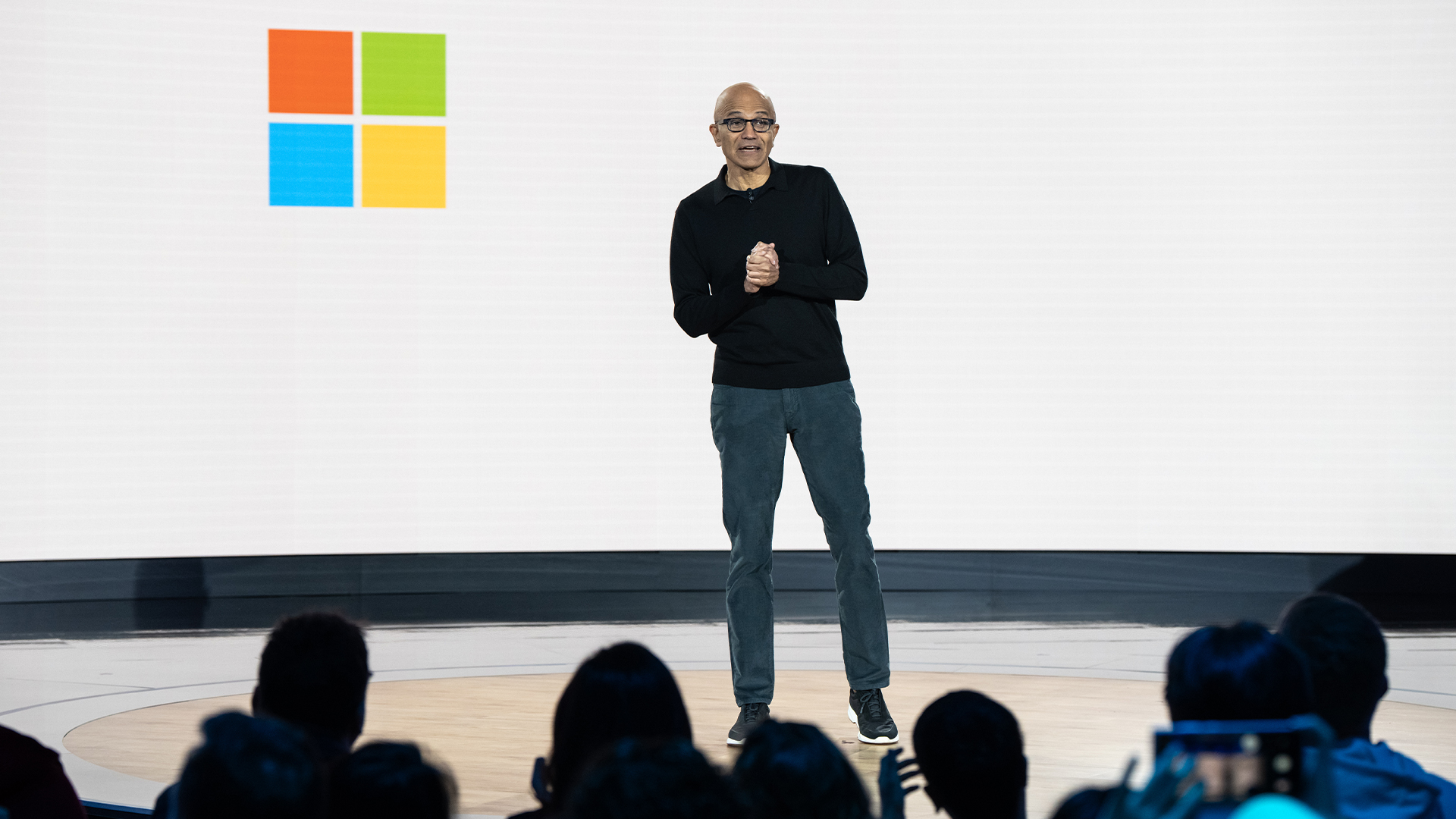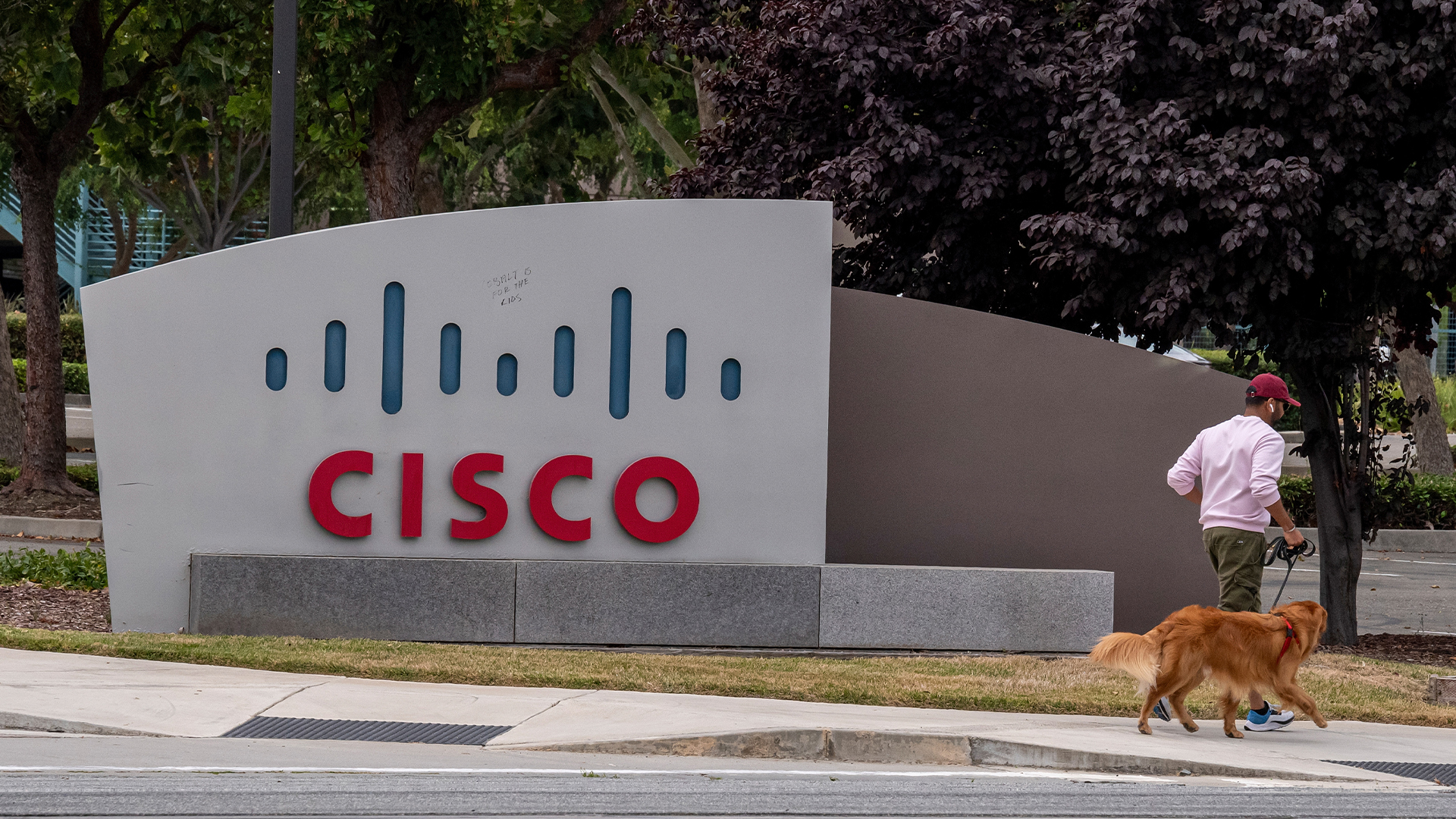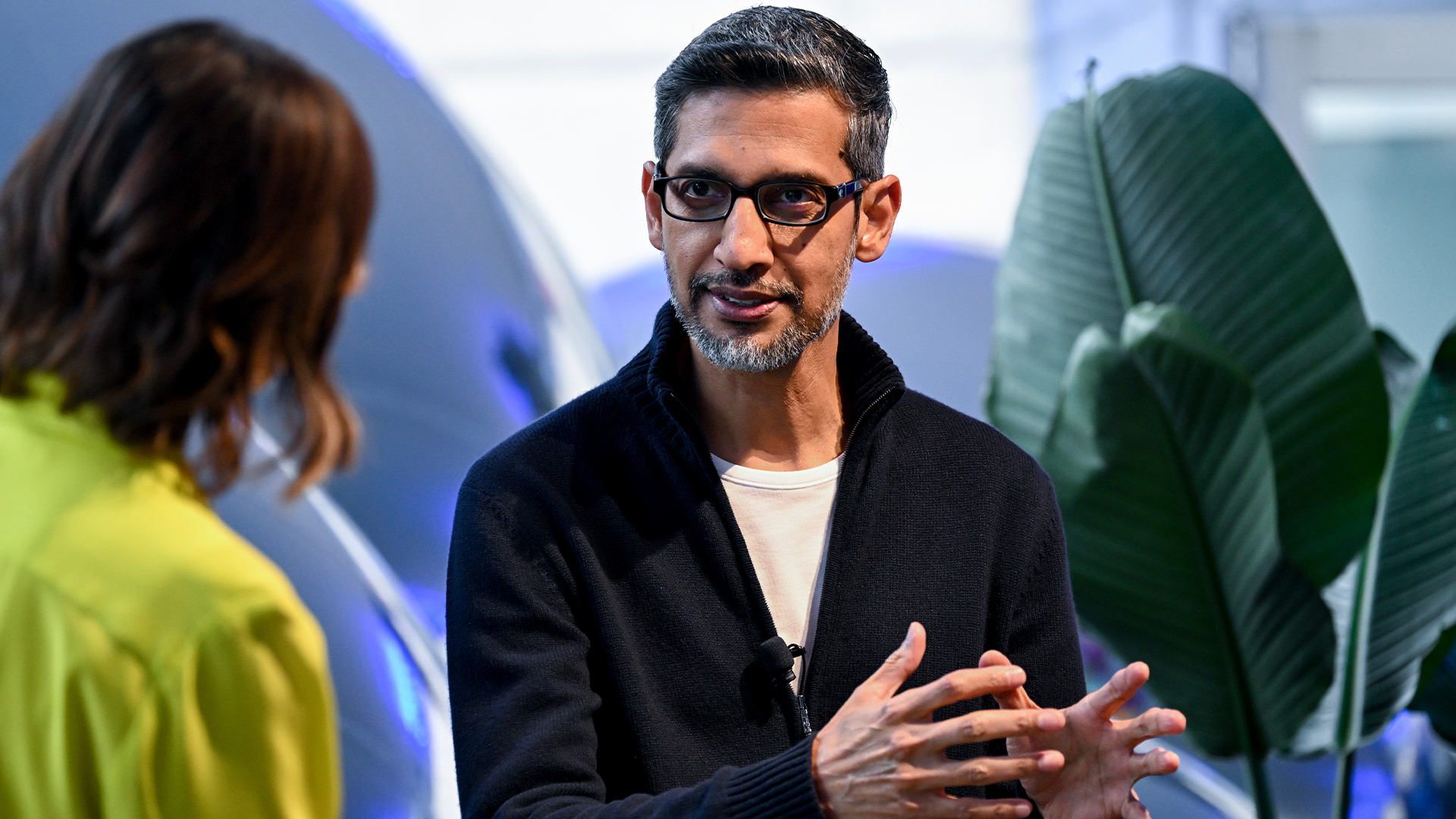Tech giants know AI job losses are coming — here's how they plan to retrain the global workforce
AI-related job losses in the future mean millions worldwide will require upskilling and reskilling, according to a new consortium


A group of tech sector heavyweights headed by Cisco has launched a consortium aimed at allaying fears over AI-related job losses.
The AI-Enabled ICT Workforce Consortium, which includes Accenture, Eightfold, Google, IBM, Indeed, Intel, Microsoft, and SAP, aims to upskill and re-skill workers whose jobs are most likely to be impacted by the rising adoption of the technology.
As part of the move, the consortium will work alongside advisors from the American Federation of Labor and Congress of Industrial Organizations, CHAIN5, Communications Workers of America, DIGITALEUROPE, the European Vocational Training Association, Khan Academy, and SMEUnited.
"AI is accelerating the pace of change for the global workforce, presenting a powerful opportunity for the private sector to help upskill and reskill workers for the future," said Francine Katsoudas, executive vice president and chief people, policy and purpose officer at Cisco.
"The mission of our newly unveiled AI-Enabled Workforce Consortium is to provide organizations with knowledge about the impact of AI on the workforce and equip workers with relevant skills. We look forward to engaging other stakeholders — including governments, NGOs, and the academic community — as we take this important first step toward ensuring that the AI revolution leaves no one behind."
The first project will be to produce a report with practical steps that business leaders can take to prepare their workers for AI-enabled environments, enabling workers to find and access relevant training programs and connecting businesses to skilled and trained staff.
The consortium will evaluate the impact of AI on, and provide training recommendations for 56 ICT job roles.
Sign up today and you will receive a free copy of our Future Focus 2025 report - the leading guidance on AI, cybersecurity and other IT challenges as per 700+ senior executives
These jobs, according to Indeed Hiring Lab, include 80% of the top 45 ICT job titles garnering the highest volume of job postings over the last year in the US and five of the largest European countries by ICT workforce numbers - France, Germany, Italy, Spain, and the Netherlands.
The consortium members said they'll create skills development and training programs for more than 95 million people around the world over the next 10 years.
Cisco will train 25 million people with cyber security and digital skills by 2032, while IBM says it will train up 30 million people in digital skills, including two million in AI, by 2030.
Intel has promised AI skills training for 30 million people, Microsoft will train and certify 10 million people from underserved communities, and SAP will upskill two million people worldwide by 2025.
RELATED WHITEPAPER

Meanwhile, Google recently announced €25 million in funding to support AI training and skills for people across Europe.
"Our collective responsibility as industry leaders is to develop trustworthy technologies and help provide workers — from all backgrounds and experience levels — access to opportunities to reskill and upskill as AI adoption changes ways of working and creates new jobs," said Gian Luigi Cattaneo, vice president, human resources at IBM EMEA.
There's growing concern about the impact of AI on existing jobs, with recent research from the UK's Institute for Public Policy Research (IPPR) finding that up to eight million people in the UK could be impacted.
Long-term, it found, this could result in AI carrying out 59% of tasks.
Similar research from Goldman Sachs in early 2023 suggested that up to 300 million jobs could be lost to automation, prompting widespread concerns over the long-term impact of AI on the global labor force.
"Our research shows that virtually every job posted on Indeed today, from truck driver to physician to software engineer, will face some level of exposure to GenAI-driven change," said Hannah Calhoon, head of AI innovation at Indeed.
"The companies who empower their employees to learn new skills and gain on-the-job experience with evolving AI tools will deepen their bench of experts, boost retention and expand their pool of qualified candidates."
Emma Woollacott is a freelance journalist writing for publications including the BBC, Private Eye, Forbes, Raconteur and specialist technology titles.
-
 Microsoft unveils Maia 200 accelerator, claiming better performance per dollar than Amazon and Google
Microsoft unveils Maia 200 accelerator, claiming better performance per dollar than Amazon and GoogleNews The launch of Microsoft’s second-generation silicon solidifies its mission to scale AI workloads and directly control more of its infrastructure
-
 Infosys expands Swiss footprint with new Zurich office
Infosys expands Swiss footprint with new Zurich officeNews The firm has relocated its Swiss headquarters to support partners delivering AI-led digital transformation
-
 Are hyperscalers backing out of Net Zero?
Are hyperscalers backing out of Net Zero?ITPro Podcast Expanding data center construction and demand for high-energy workloads are pushing hyperscalers off course on carbon
-
 IBM’s Confluent acquisition will give it a ‘competitive edge’ and supercharge its AI credentials
IBM’s Confluent acquisition will give it a ‘competitive edge’ and supercharge its AI credentialsAnalysis IBM described Confluent as a “natural fit” for its hybrid cloud and AI strategy, enabling “end-to-end integration of applications, analytics, data systems and AI agents”.
-
 IBM layoffs loom as ‘single-digit percentage’ of global workforce set for cuts
IBM layoffs loom as ‘single-digit percentage’ of global workforce set for cutsNews Headcount at the cloud giant has been decreasing steadily in recent years
-
 Microsoft CEO Satya Nadella says UK ties are 'stronger than ever' as tech giant pledges $30bn investment
Microsoft CEO Satya Nadella says UK ties are 'stronger than ever' as tech giant pledges $30bn investmentNews Microsoft CEO Satya Nadella says it's commitment to the UK is "stronger than ever" after the tech giant pledged $30bn to expand AI infrastructure and build a new supercomputer.
-
 Cisco promises AI training for a million Americans
Cisco promises AI training for a million AmericansNews The company joins Amazon, Google, and Microsoft in support of the government's Pledge to America's Youth – Investing in AI Education
-
 Software engineers among hardest hit in latest Cisco layoffs
Software engineers among hardest hit in latest Cisco layoffsNews A significant portion of job cuts affect staff in software engineering roles, documents show.
-
 Alphabet to spend $10bn more this year on cloud kit — taking total to $85bn
Alphabet to spend $10bn more this year on cloud kit — taking total to $85bnNews Google tops up AI and cloud infrastructure spending amid AI boom and positive results
-
 Google CEO Sundar Pichai is unfazed by AI job cuts — workers might not share the same optimism
Google CEO Sundar Pichai is unfazed by AI job cuts — workers might not share the same optimismAnalysis Google CEO Sundar Pichai is upbeat about the impact of AI on the workforce, but workers might not share the same optimism amid repeated waves of job cuts.
